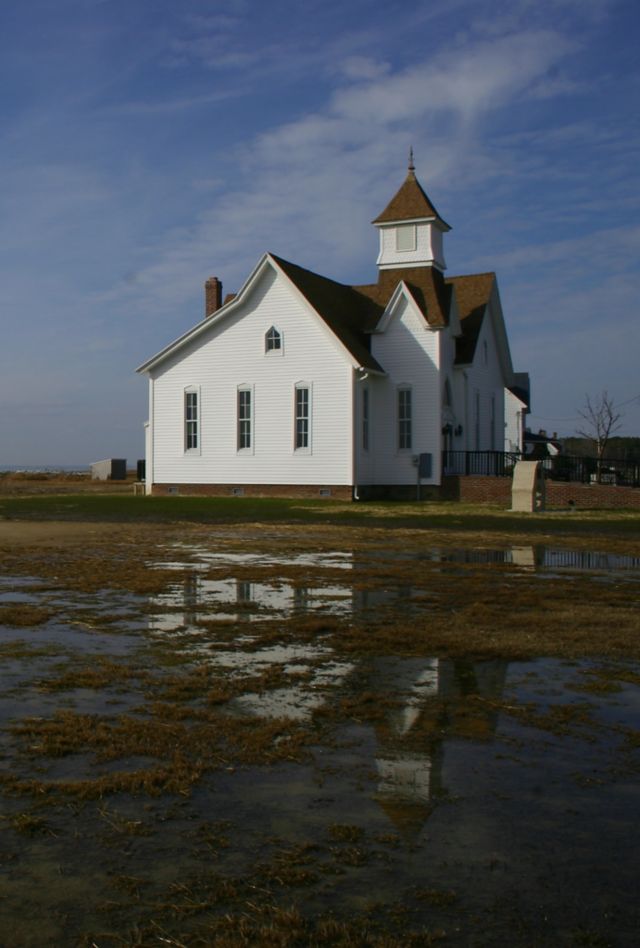Improving Rural Health Care Delivery in Maryland’s Mid-Shore Region

Problem
Maryland’s Eastern Shore has unique health care and workforce capacity needs that needed to be documented as first step in addressing them.
The Maryland Health Care Commission contracted with the University of Maryland’s School of Public Health and the NORC Walsh Center for Rural Health Analysis at to conduct a mixed-methods study to document health care needs and challenges and identify those most in need of improvement in the five counties of the Eastern Shore of Maryland. The researchers were also charged with describing existing county-specific and regional capacity to address these needs and proposing options for enhancing health and health care delivery. The study was authorized by Senate Bill 707 Freestanding Medical Facilities Certificate of Need, Rates and Definition, legislation to support the Maryland Rural Health Care Work Group.
Solution
NORC’s role was to identify models for Maryland’s mid-shore and other rural communities.
NORC looked nationally for innovative health care delivery models, with a focus on models that would be effective in rural areas as well as ones that could leverage Maryland’s existing payment innovations already underway. NORC, along with the University of Maryland’s School of Public Health, assessed resident and county health needs and assets as well as solutions and emerging models to make recommendations about potential policy options.
Result
NORC and UMD produced a final report that provided the template for health and health care assessment for other rural regions in the state as well as the mid-shore.
The Maryland Health Care Commission and the workgroup used the findings to inform next steps for the region. The study findings will also impact future rural health policy discussions in Maryland.








